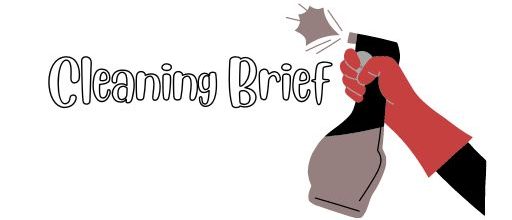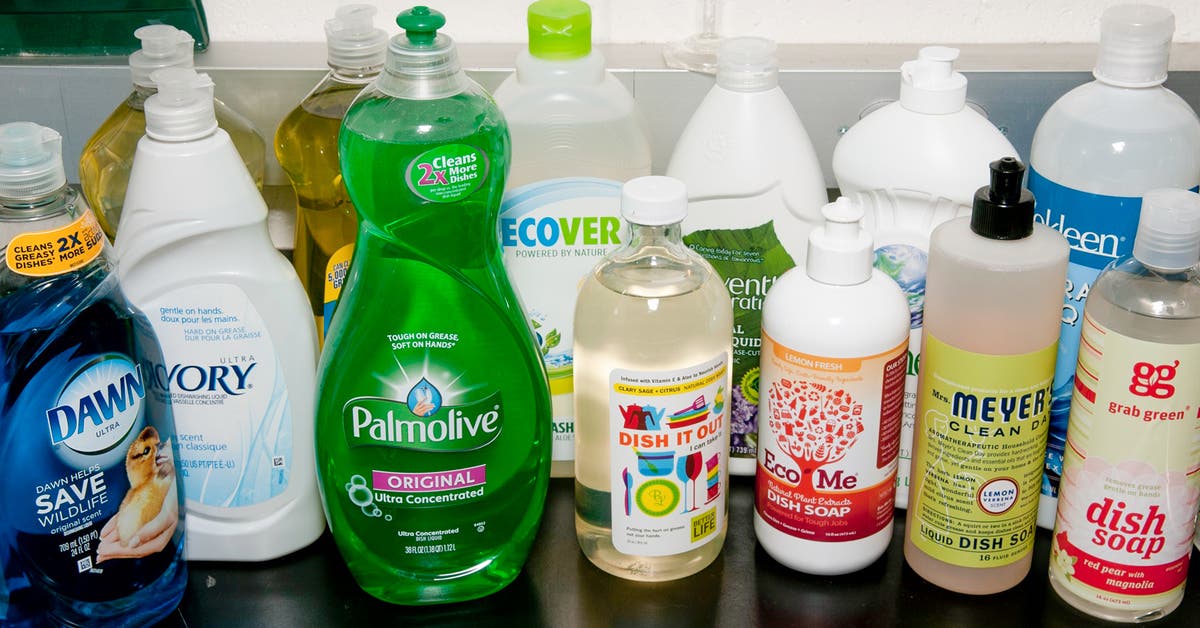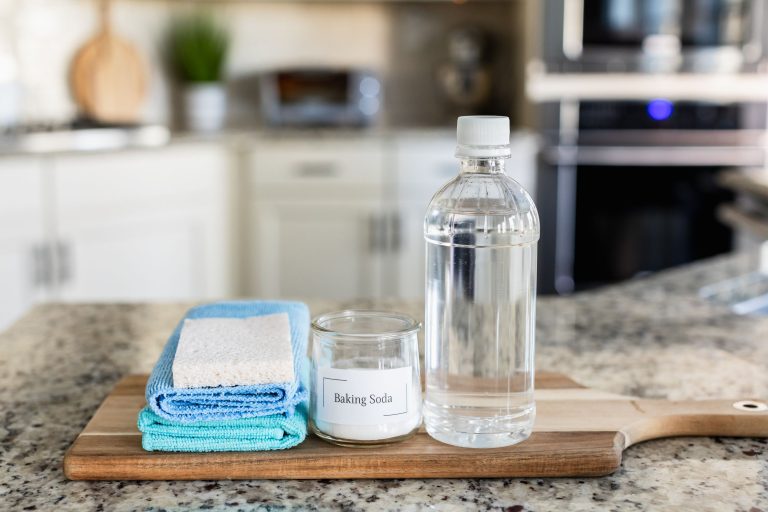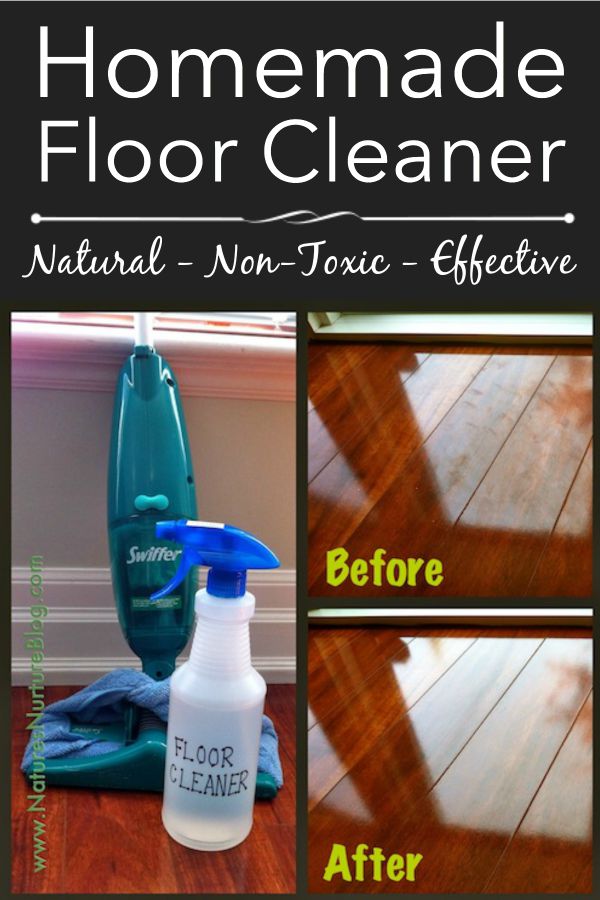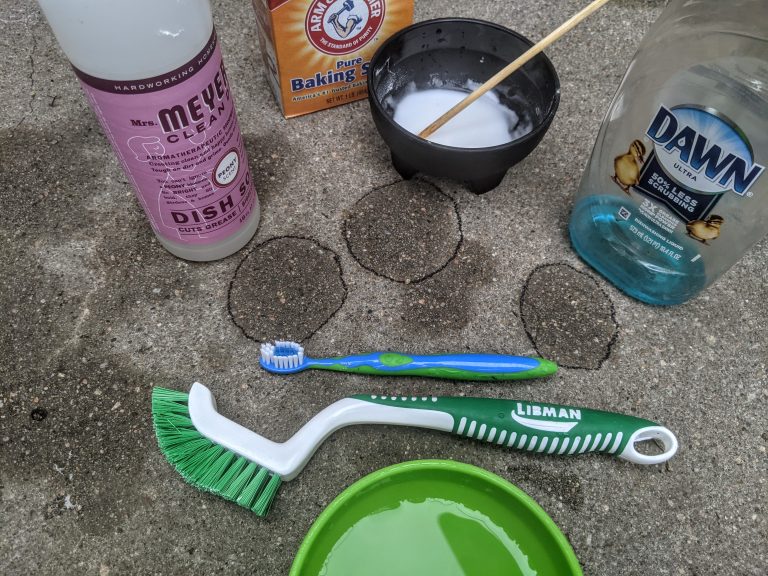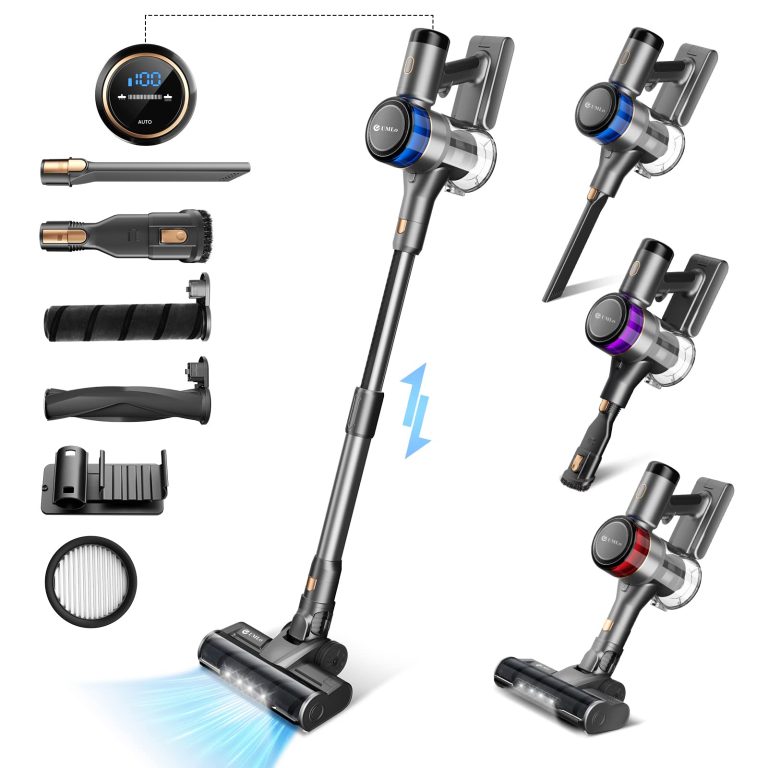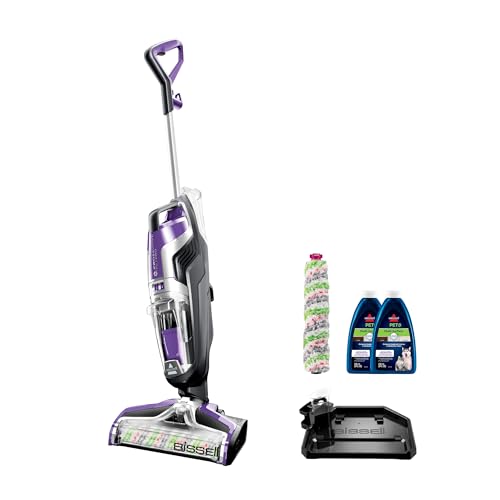Discover the Power of Hand Soap for Floor Cleaning: Is It Effective?
Hand soap should not be used to clean floors as it may leave a residue and make the surface slippery. Instead, it is recommended to use a suitable floor cleaner for effective and safe cleaning.
Keeping our floors clean and hygienic is essential for maintaining a healthy living environment. However, the choice of cleaning products plays a crucial role in ensuring effective cleaning without causing any harm or damage. While hand soap is great for cleansing hands, it may not be suitable for cleaning floors.
The ingredients in hand soap are not designed to tackle the various types of dirt and grime that can accumulate on floors. Additionally, using hand soap on floors can leave behind a sticky residue, making the surface slippery and potentially hazardous. It is best to opt for dedicated floor cleaners that are specifically formulated to remove dirt, grease, and stains without leaving any residue behind. We will explore why hand soap should not be used to clean floors and provide alternative solutions for keeping your floors clean and safe.
The Effectiveness Of Using Hand Soap For Floor Cleaning
The Effectiveness of Using Hand Soap for Floor Cleaning
Hand soap is a common household cleaning product that is primarily used to wash and sanitize hands. However, many people wonder if it can be used to clean other surfaces, such as floors. In this section, we will explore the effectiveness of using hand soap for floor cleaning.
Benefits Of Hand Soap
Hand soap offers several benefits that make it a viable option for cleaning floors:
- Accessibility: Hand soap is easily accessible and can be found in most households, making it a convenient cleaning option.
- Gentle on Surfaces: Hand soap is typically formulated to be gentle on the skin, which means it is less likely to damage sensitive floor materials like hardwood or laminate.
- Effectiveness Against Germs: Hand soap is designed to remove dirt, bacteria, and viruses from the skin, making it effective in removing contaminants from floors as well.
- Pleasant Fragrances: Many hand soaps come in a variety of pleasant fragrances that can leave a fresh scent in the room after cleaning.
- Affordability: Hand soap is an affordable option compared to specialized floor cleaners, which can be more expensive.
Challenges Of Using Hand Soap
While hand soap can be effective for floor cleaning, it does have some limitations:
- Residue Build-up: Some hand soaps may leave behind a residue on the floor, especially if not rinsed thoroughly. This residue can make the floor sticky and attract dirt and dust.
- Not Suitable for All Floor Types: Hand soap may not be suitable for all floor types, such as carpets or certain delicate materials. It is important to check the manufacturer’s recommendations before using hand soap on your floors.
- Cleaning Power: Hand soap may not be as powerful as specialized floor cleaners when it comes to tackling tough stains, grease, or grime.
- Not pH Balanced: Unlike some floor cleaners, hand soap is not specifically formulated to be pH balanced for floor surfaces, which could potentially cause damage over time.
- Slippery Surface: Hand soap can leave the floor surface slippery, increasing the risk of accidents if not properly rinsed or dried.
Considering the benefits and challenges, hand soap can be a useful option for regular maintenance and light cleaning of floors. However, for heavy-duty cleaning or specific floor types, it may be advisable to use specialized floor cleaners that are specifically designed for those purposes.

Credit: www.nytimes.com
Choosing The Right Hand Soap For Floor Cleaning
When it comes to cleaning floors, using hand soap is a practical choice. It is gentle on the surface and effectively removes dirt and grime. Choose a hand soap that is gentle and suitable for your specific floor type for best results.
Understanding Different Types Of Hand Soaps
Before discussing the selection of hand soap for floor cleaning, it’s important to understand the different types of hand soaps available in the market. Hand soaps come in various formulations, each with its own purpose and ingredients. Here are three common types of hand soaps:
- Antibacterial Hand Soaps: These hand soaps contain added antimicrobial agents that help to kill germs and bacteria on your hands. They are particularly effective in healthcare settings or during flu seasons to promote proper hand hygiene.
- Natural Hand Soaps: Natural hand soaps are popular among individuals who prefer environmentally-friendly options. These soaps are made with natural ingredients such as essential oils, herbal extracts, and plant-based surfactants, without the use of harsh chemicals or synthetic fragrances.
- Moisturizing Hand Soaps: Designed to prevent dryness and keep the skin hydrated, moisturizing hand soaps often contain ingredients like glycerin or shea butter. They are ideal for those with dry or sensitive skin.
Key Considerations For Selecting Hand Soap
When it comes to cleaning your floor, choosing the right hand soap is essential for achieving the best results. Consider the following factors before making your selection:
- Surface Compatibility: Not all hand soaps are suitable for all types of floors. It’s important to check the manufacturer’s recommendations or consult the flooring expert to ensure the soap is safe to use on your specific flooring material, such as tiles, hardwood, or laminate.
- Cleaning Power: Different hand soaps have varying degrees of cleaning power. Some are formulated to tackle tough stains and grease, while others may be milder and more suitable for regular maintenance cleaning. Assess the level of dirt and grime on your floor to determine the appropriate cleaning power.
- Residue-Free Formula: To avoid leaving behind a sticky or slippery residue on your floor, opt for hand soaps that have a residue-free formula. This will help to maintain the cleanliness and safety of your flooring.
- Fragrance: While it may not be a significant factor in floor cleaning, the fragrance of the hand soap can add a pleasant scent to your space. Choose a fragrance that appeals to you, but ensure it is not overpowering or artificial.
By understanding the different types of hand soaps and considering the key factors mentioned above, you can choose the right hand soap for floor cleaning that suits your needs and keeps your floors sparkling clean. Always follow the instructions provided by the manufacturer for optimal results.
Methods For Using Hand Soap To Clean Floors
When it comes to cleaning floors, hand soap can be a versatile and effective option. Finding the right methods for using hand soap to clean floors can lead to optimal results. From dilution ratios to application techniques, using hand soap for floor cleaning can be a simple and efficient solution.
Dilution Ratios And Mixing Guidelines
To ensure the optimal cleaning power of hand soap for floors, it’s important to follow the appropriate dilution ratios and mixing guidelines. A common dilution ratio is one tablespoon of hand soap to one gallon of water. Adjust the ratio based on the level of cleaning needed. When mixing, ensure that the hand soap is thoroughly dissolved in the water to create an effective cleaning solution.
Application Techniques For Optimal Results
Applying hand soap to clean floors requires specific techniques for achieving the best results. Begin by sweeping or vacuuming the floor to remove any debris. Then, using a mop or sponge, apply the diluted hand soap solution to the floor. Work in small sections and allow the solution to dwell for a few minutes before agitating with the mop or scrub brush. Finally, thoroughly rinse the floor with clean water to remove any residue.
:strip_icc()/bhg-primary-steam-mops-dburreson-001-211c768c41fe4f4080f81c59c816f458.jpeg)
Credit: www.bhg.com
Tips For Enhancing The Cleaning Power Of Hand Soap
Hand soap is a common household item that many of us have readily available in our bathrooms and kitchens. While it is primarily used for washing hands, you might be surprised to learn that it can also be used to clean your floors effectively. In this section, we will explore some tips to enhance the cleaning power of hand soap and make your floors gleam with cleanliness.
Incorporating Natural Additives
Looking for ways to boost the cleaning power of your hand soap? Incorporating natural additives can make a significant difference. These natural additives not only help to remove stubborn dirt and grime but also leave behind a fresh and pleasant scent. Here are some examples of natural additives you can use:
| Additive | Benefits |
|---|---|
| Lemon juice | Fights grease and leaves a refreshing citrus scent |
| Vinegar | Effective against bacteria and adds shine to your floors |
| Essential oils | Provides a soothing aroma while cutting through dirt and grime |
By adding a few drops of lemon juice, vinegar, or your favorite essential oil to your hand soap, you can create a powerful cleaning solution that will leave your floors sparkling clean.
Utilizing Hand Soap In Combination With Other Cleaning Products
If you’re dealing with particularly stubborn stains or heavily soiled floors, combining hand soap with other cleaning products can provide you with even better results. Here are a few examples of cleaning products you can use in conjunction with hand soap:
- All-purpose cleaner: Mix a small amount of all-purpose cleaner with hand soap to tackle tough stains.
- Baking soda: Sprinkle some baking soda on your floors and then apply hand soap for a powerful cleaning combination.
- Hydrogen peroxide: Combine hydrogen peroxide and hand soap to effectively remove stubborn stains and disinfect your floors.
These combinations can help you achieve a deeper clean and make your floors shine.
Safety And Maintenance Precautions When Using Hand Soap For Floor Cleaning
When it comes to cleaning your floors, you may wonder whether hand soap can be a suitable alternative to specialized floor cleaners. While hand soap can certainly be effective at removing dirt and grime, it’s important to follow safety and maintenance precautions to ensure the best results and protect your flooring surfaces. In this section, we will discuss two crucial aspects: preventing residue build-up and protecting flooring surfaces.
Preventing Residue Build-up
One of the primary concerns when using hand soap for floor cleaning is the potential for residue build-up. Unlike dedicated floor cleaners, hand soap formulas are not specifically designed for use on flooring surfaces. However, by taking a few simple steps, you can avoid residue build-up and maintain a clean and shiny floor. Here are some key precautions to keep in mind:
- Use the recommended dilution ratio: To prevent residue from forming on your floors, make sure to follow the recommended dilution ratio provided by the hand soap manufacturer. Using too much soap can lead to a sticky build-up that attracts dirt and creates a dull appearance.
- Rinse thoroughly: After you’ve cleaned your floors with hand soap, it’s crucial to thoroughly rinse the surface with clean water. This will help remove any remaining soap residue that could potentially build up over time.
- Avoid excessive moisture: While rinsing is important, excessive moisture can also cause problems, such as water damage or the loosening of flooring materials. Ensure you use a damp mop or cloth rather than soaking your floors.
Protecting Flooring Surfaces
While hand soap can be gentle on your skin, it’s important to remember that different flooring surfaces have their own unique vulnerabilities. To protect your flooring surfaces from potential damage, consider the following precautions:
- Read the manufacturer’s guidelines: Before using hand soap on your floors, carefully review the manufacturer’s guidelines for cleaning and maintenance. Some types of flooring, such as hardwood or laminate, may have specific product recommendations or restrictions.
- Spot test on a small area: To ensure compatibility, always perform a spot test on a small, inconspicuous area before using hand soap on the entire floor. This will help you identify any potential adverse reactions or discoloration.
- Choose the right soap: Not all hand soaps are created equal. Opt for a mild, pH-neutral hand soap that is suitable for your specific flooring type. Harsh chemicals or abrasive ingredients can damage or strip away the protective coating of your flooring.
By following these safety and maintenance precautions, you can confidently utilize hand soap for floor cleaning, effectively removing dirt and maintaining the appearance of your floors.

Credit: naturesnurtureblog.com
Frequently Asked Questions For Can Hand Soap Be Used To Clean Floor
Can Hand Soap Be Used To Clean Floors?
Yes, hand soap can be used to clean floors, but it may not be as effective as using a specific floor cleaner. Hand soap is primarily designed for use on hands and may not have the necessary ingredients to effectively remove dirt and grime from floors.
It’s best to use a cleaner specifically formulated for floors to ensure a thorough and effective clean.
Conclusion
Using hand soap for floor cleaning can be effective, but it’s important to consider its suitability for different floor types. While it may work well on certain surfaces, it’s best to use dedicated floor cleaners for more effective and thorough cleaning.
Always be mindful of the ingredients to avoid any potential damage to the floor.
